Technological innovation is both a boon and a bane. We live in an era of robots like Bellabots, which serve food, and Pepper, which senses human emotions. When technology has forged ahead so much, then why does CAPTCHA still pop up on Google each time someone intends to browse a website? The answer revealed by experts is "terrifying."
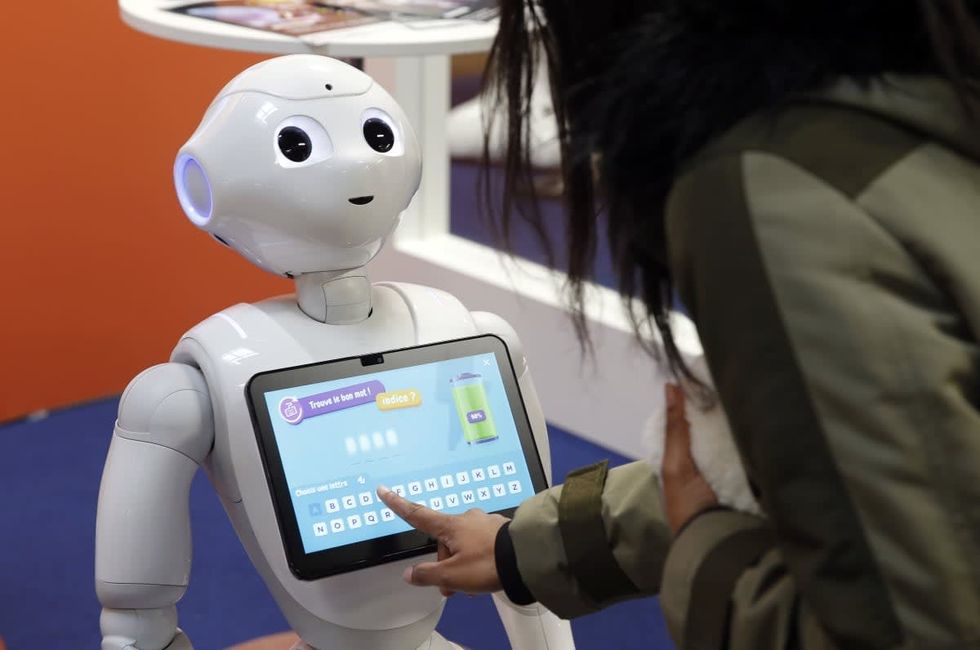
The reason why someone receives a CAPTCHA test in their browser is because there is more to it than meets the eye. It’s not because robots can’t press a button. CAPTCHA stands for “Completely Automated Public Turing test to tell Computers and Humans Apart." It is a test carried out by the website to make sure that it is only a person on the respective page, not a robot or unicorn.
Sometimes it is displayed in the form of contorted alphabets and numbers, while other times it shows grids featuring photos of motorcycles, buses, or staircases.
“A CAPTCHA fundamentally is any mechanism by which a computer—more pedantically, software written by a programmer—can identify if it is interacting with a human being rather than another computer,” explains Samuel Bucholtz, co-founder of Casaba Security, per Reader’s Digest. This “I am not a robot?” test is like a gatekeeper that prevents nefarious bots and malicious websites from interrupting the security of the browsing process.
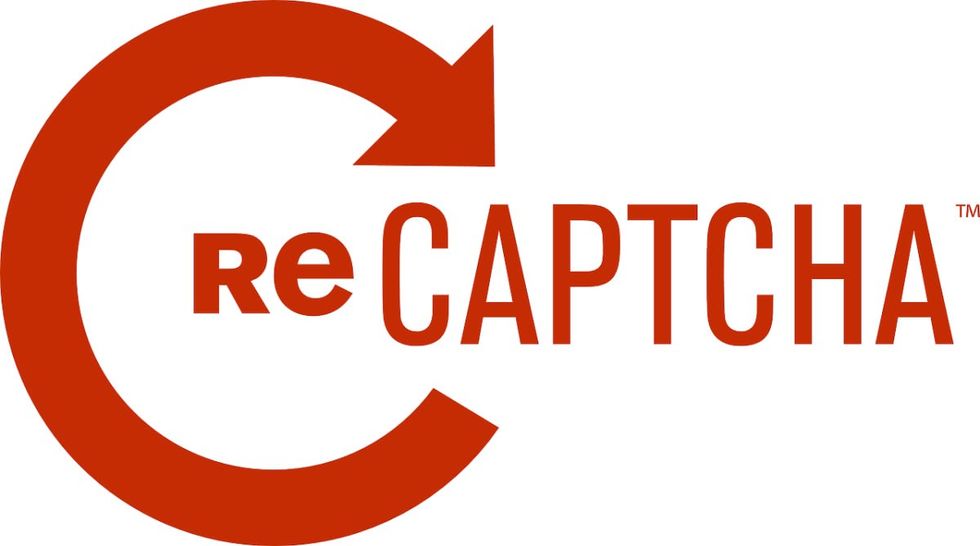
In a clip from BBC’s British TV panel show QI, the host explains how this test works behind the screen. "Ticking the box is not the point. It's how you behaved before you ticked the box that is analyzed," writer, comedian, and broadcaster Sandi Toksvig explained to a panel.
"So let us say, for example, before you tick the box you watched a couple of cat videos and you liked a tweet about Greta Thunberg, you checked your Gmail account before you got down to work - all of that makes them think that you must be a human,” she added. If one test isn't sufficient, multiple tests are carried out. "Essentially when you are clicking 'I am not a robot' you are instructing the site to have a look at your data and decide for itself," Sandi added further. This information left many people in the comments section flabbergasted. "Strange, that it's a machine analyzing me to determine if I'm not a robot," commented @sotypme4813 while @gauravvikalp added, "Sh*t! This is terrifying!"
In addition to this information, the tool may also jigger another test, evaluating the movement of the cursor as it moves towards the captcha box, as per Cloudflare, the prominent cyber-security firm. If the cursor's movement contains some of this unpredictability, then the test decides that the user is probably legitimate. This unpredictability is something that bots can’t mimic, no matter how advanced.
So, when someone ticks the ‘I am not a robot’ checkbox, Google receives all this information and then uses it to determine the probability of them being a human versus a robot. Google sends this probability score to the website, which may choose to allow or not allow the person to visit their webpage.

However, when the question arises whether this kind of captcha is sufficient to assess the human from a robot, the answer is o. Since times early, robots have been more capable of doing these automated tasks than humans. In the first century, Petronius Arbiter made a doll that could move like a human being. Later, in 1557, Giovanni Torriani created a wooden robot that could fetch the Emperor's daily bread from the bakery, as described by Stanford University.
And now, in a 2023 study, researchers at the University of California have found that AI bots were more efficient at solving CAPTCHAs than humans. The bots were 99.8% accurate, while human accuracy ranged from 50% to 84%.
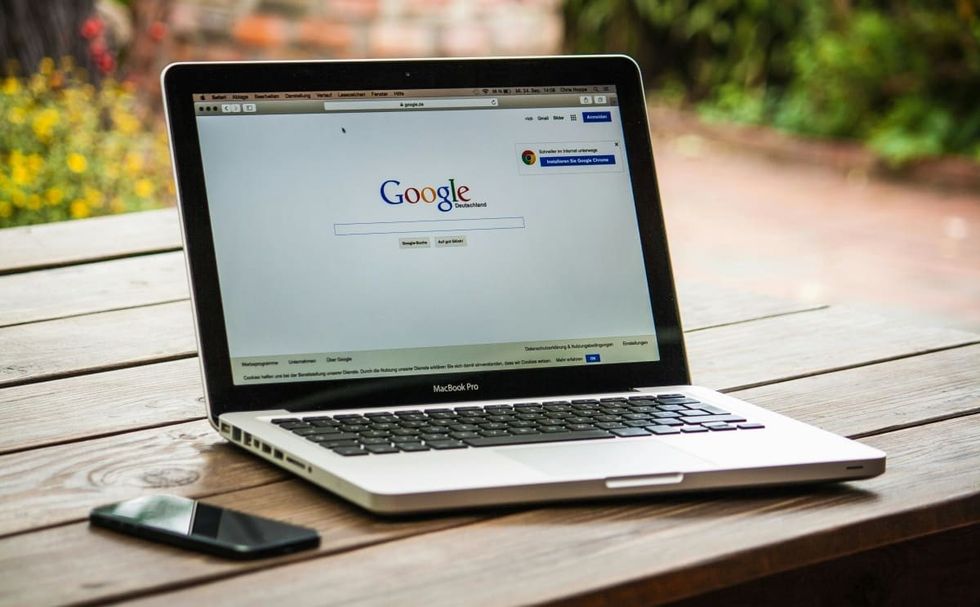
This is likely why CAPTCHA puzzles are getting harder each day. Initially, they were only alphanumeric, then they became picture grids, and now there are also speech CAPTCHAs. Kevin Gosschalk, the founder and CEO of Arkose Labs, a web security firm that designs captchas, told The Wall Street Journal that not only will the puzzles become harder, but they'll also become "stranger."

















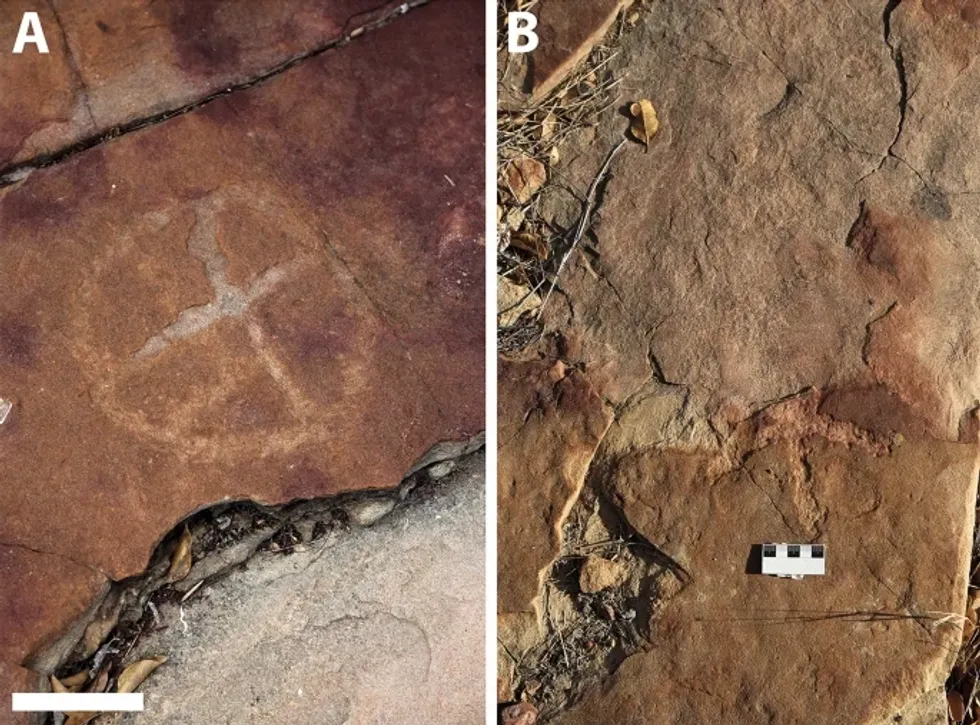 Rock deterioration has damaged some of the inscriptions, but they remain visible. Renan Rodrigues Chandu and Pedro Arcanjo José Feitosa, and the Casa Grande boys
Rock deterioration has damaged some of the inscriptions, but they remain visible. Renan Rodrigues Chandu and Pedro Arcanjo José Feitosa, and the Casa Grande boys The Serrote do Letreiro site continues to provide rich insights into ancient life.
The Serrote do Letreiro site continues to provide rich insights into ancient life.

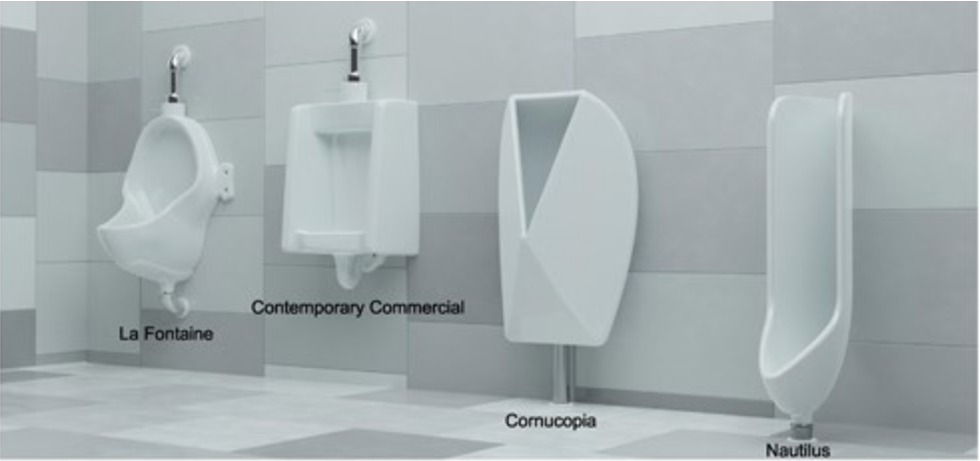


 Music isn't just good for social bonding.Photo credit: Canva
Music isn't just good for social bonding.Photo credit: Canva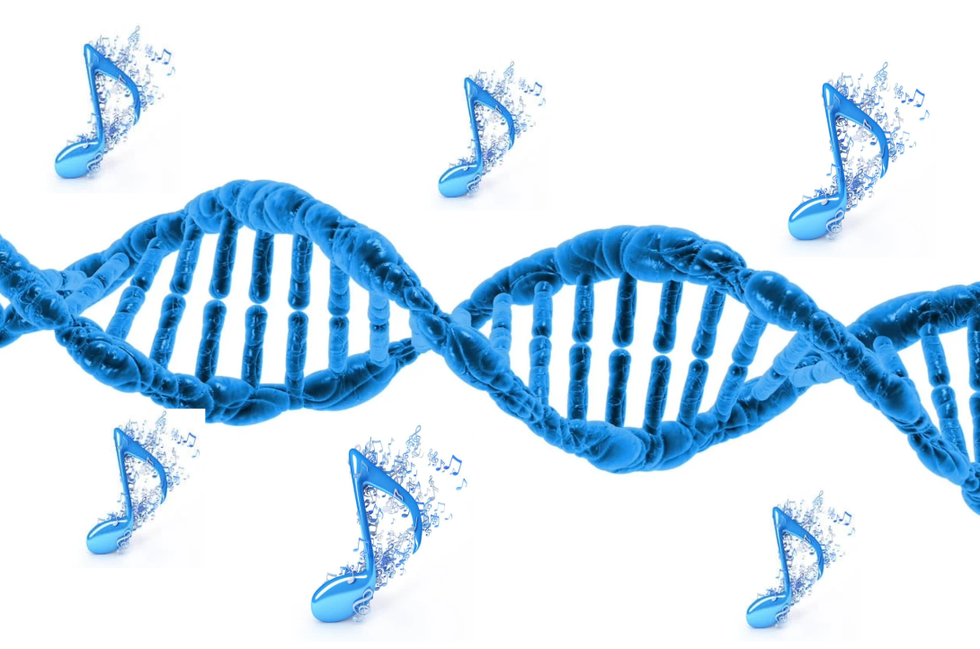 Our genes may influence our love of music more than we realize.Photo credit: Canva
Our genes may influence our love of music more than we realize.Photo credit: Canva
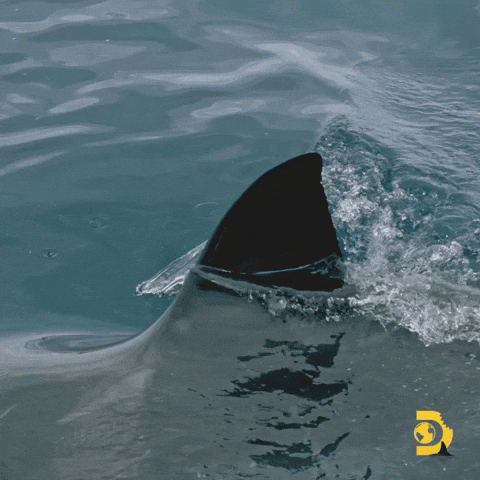 Great White Sharks GIF by Shark Week
Great White Sharks GIF by Shark Week

 Blue Ghost Mission 1 - Sunset Panorama GlowPhoto credit:
Blue Ghost Mission 1 - Sunset Panorama GlowPhoto credit: